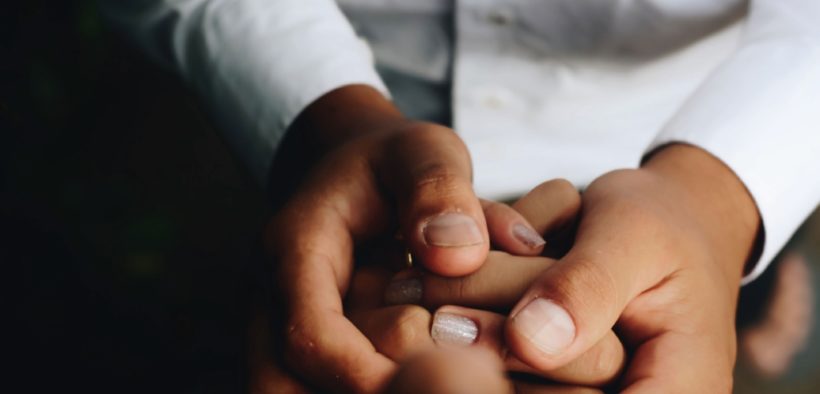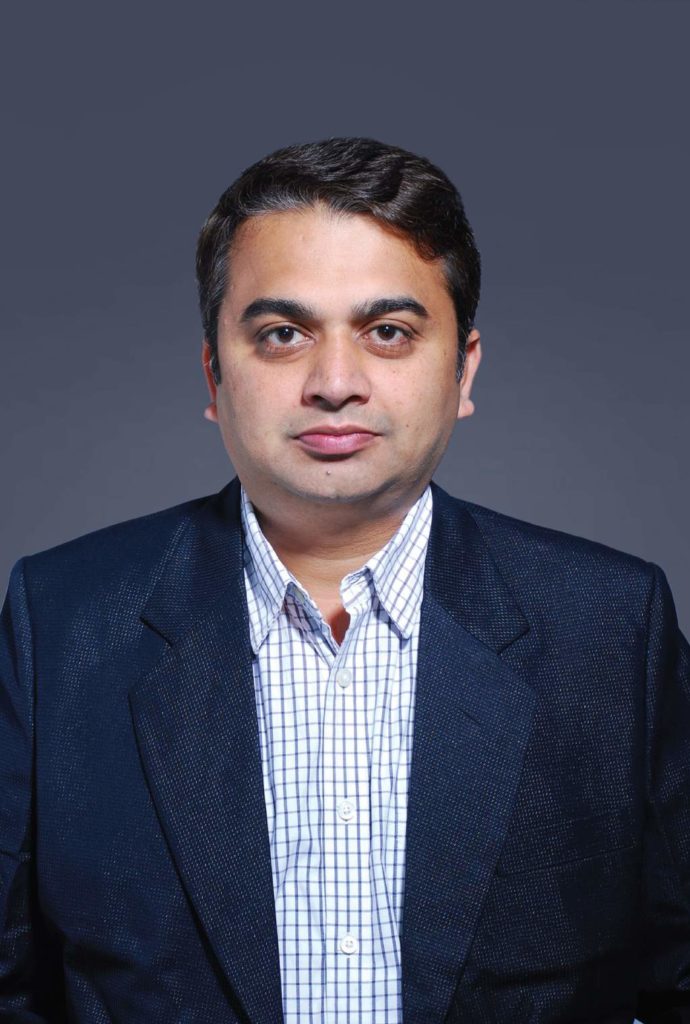Adding Life To Years

Dr Satish Sonawane of Maxcare Super Speciality Hospital, Ahmednagar, talks about the importance of improving quality of life as well, when it comes to cancer treatment
BY Anila Mathew Vivek
What inspired you to study oncology?
When I was doing my MBBS, I used to see a lot of patients die because of the disease, because of a scarcity of physicians in rural areas. Mostly because I did my MBBS in an interior region of India. Which is why I pursued my post-doctoral course in oncology.

What are the high points of your work?
I have worked both in private and cooperative sector medical colleges and hospitals, so I have treated patients who are well to do, along with patients who sometimes cannot afford care. I was the first person to make oncology available in the interior regions of the Ahmednagar district. I was the pioneer in starting radiation oncology in the district of Ahmednagar.
You were once co-chair of the Ethics Committee of IMA Maharashtra. What do you think are the biggest ethical decisions that oncologists face?
In situations where stage four patients are involved, when treatment is not going to be as satisfactory as in the case of curable diseases, we have to take the sanction of the ethical committee, especially in case of clinical trials of new drugs. Otherwise, in routine cases, there are set guidelines wherein we have to practice based on evidence-based medicine. In cases where we don’t have results that guarantee the effects of a particular drug or procedure, like in stage four cases, we always consult the ethics committee.
You were the first in the district to do a breast oncoplastic. In a country like India, where the value placed on cosmetic outcomes is less, how do you educate the patient/family about the benefits of oncoplastic surgery?
When I started off in Ahmednagar in 2009, the only surgery for breast cancer as mastectomy. Women would have to sacrifice the whole breast. In reality, it is quite unnecessary; all studies have shown that breast conservation and breast reconstruction are very feasible options. But here, breast cancer was equal to mastectomy. I have proved that breast reconstruction and oncoplastic are quite feasible here, and I have been able to inculcate faith in this field.
The quality of life is also better. Initially, I operated on young women who were not married; they were able to survive with the help of treatment, get married and lead a good life. They became examples to the society that breast conservation surgery and oncoplastic do work, and give as good results as mastectomy. What is important is the quality of life, something which is emphasized in moral literature.
India contributes almost 60 percent of global head and neck cancer cases. Why is this so? What can be done to bring down the prevalence?
I am one of the Maharashtra State Cancer Warriors state-level coordinators. We are working on conducting a mass awareness drive. In India, tobacco chewing contributes to 40 percent of cancers. In Maharashtra itself, 2.5 crore people are addicted to tobacco chewing. Naturally, all of them are likely to end up with cancer; most of them will have pre-cancerous symptoms that increase the chances of developing oral cavity cancers.
That is the reason we have to create awareness that these addictions cause oral cavity cancers. Apart from tobacco, even areca nut chewing is a harmful practice. We are constantly trying to educate children to stay away from these habits. Oncology practitioners and the Maharastra government work together, and we have witnessed the gradual decrease of oral cavity cancer cases. We do need more contributions from more sections of society to maximize the scope of our awareness programmes.
You have been a pioneer in many types of surgeries in your district, including free flap reconstruction and palliative stenting for gastrointestinal cancers. What inspires you to keep innovating?
When I examined the patient population in my district, most of them suffer from head and neck cancers. Surgery for head and neck cancers often leave a number of cosmetic changes. I have had constant support from my colleagues to keep innovating. The question is not just about how to cure the patient, but how to improve the quality of life. It is not only to add years to life but life to years as well.
How do you strike a work-life balance?
My work is my passion, so I don’t really think of it as something different. The only thing is that sometimes I have to bear with the complaints from my family, when I may not have time to spend with them.
What do you love the most about your profession? What can you do without?
The good part is when you see a patient, who has been diagnosed with cancer, who has undergone surgery, chemotherapy and radiation and gone through a lot of agonies, who comes to you after a couple of months, completely healed and free from cancer with a good smile on their face. I tell them to forget this, to just think of it as a bad dream, and to start a new life. That is the happiest moment that an oncologist could have. The sad part is when I think about stage four patients when I really can’t do anything; I always hope and pray that new methods of treatment would be introduced to cure them. I want there to be more cancer awareness activities in a country like India.
How do you like to unwind at the end of a busy day?
I love to go out with my family and friends for dinner. I also enjoy going away for the weekend.
Your idea of a perfect holiday.
Any place that is cold, with no signs of devices like mobile phones or laptops or even the Internet around.
What are the top five items on your bucket list?
I have already started a comprehensive cancer center here. I would like to bring it to more places. Secondly, I would like to start a mass screening programme in this area, one that is accessible to all sections of society. For this, I require help from the government and NGOs. I also want to acquire more funds for patients who can’t really afford new modalities of treatment, which even local government schemes are unable to cover. The fourth thing would be to put a little more time into my personal aspects, like fitness. Lastly, I also want to make more time for my family.
If not a doctor, what would you have been?
Maybe a bureaucrat. I was preparing for the UPSC exams before I got admission into medical college.
Also read about

















A Great interview…